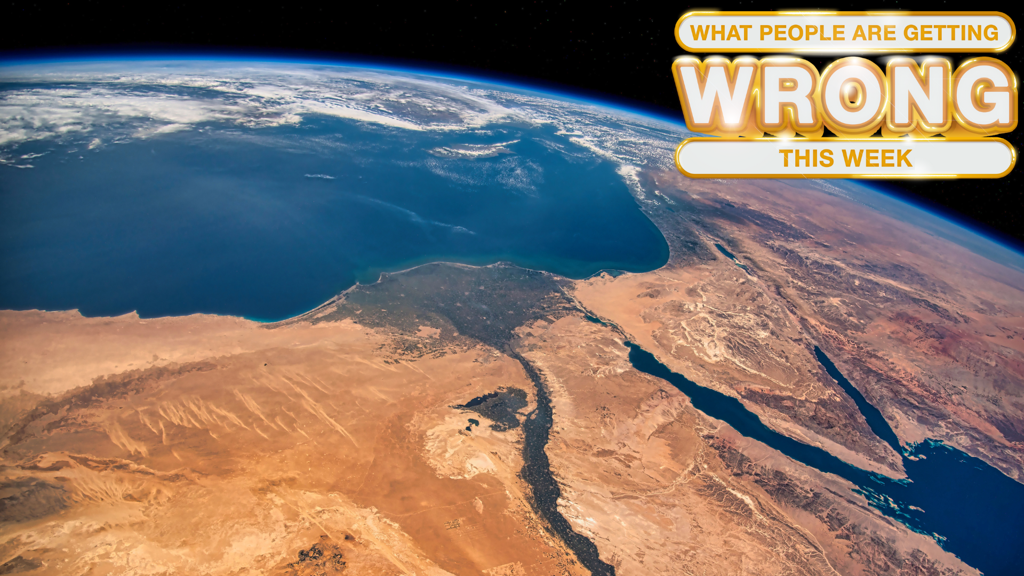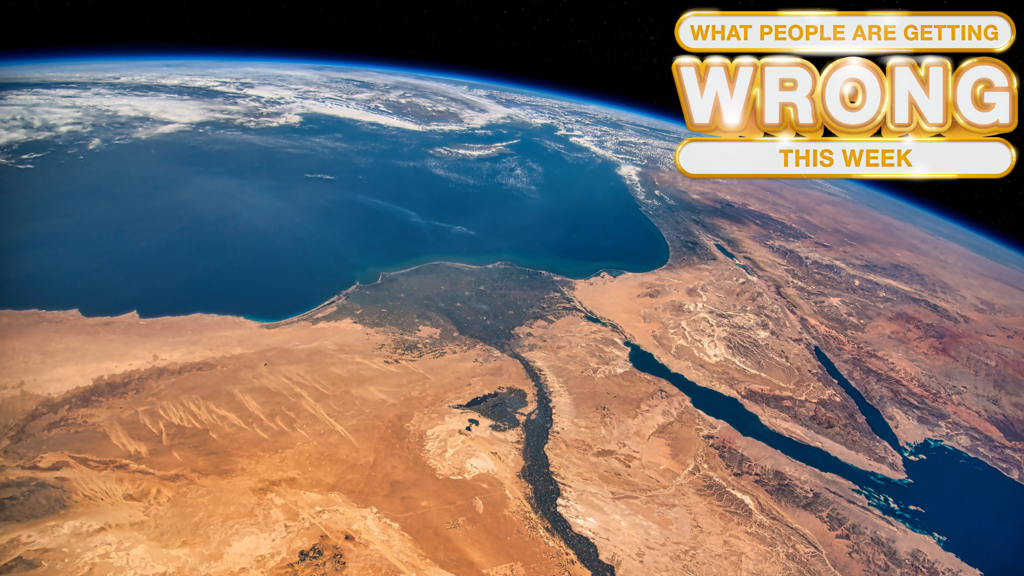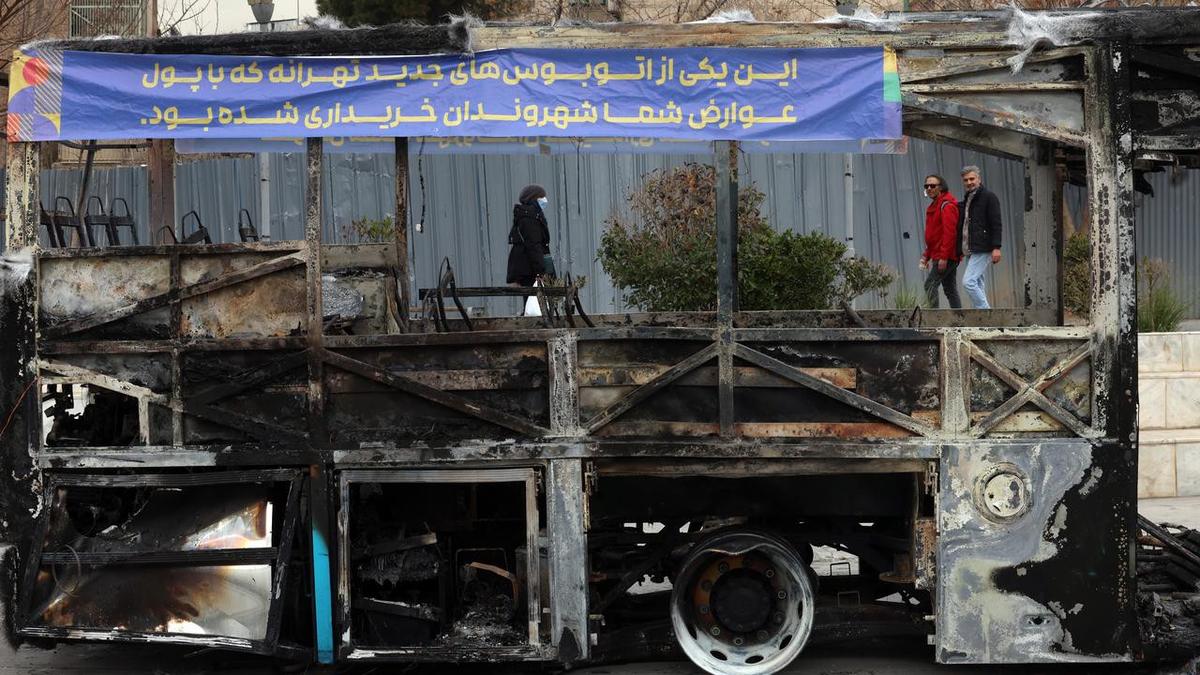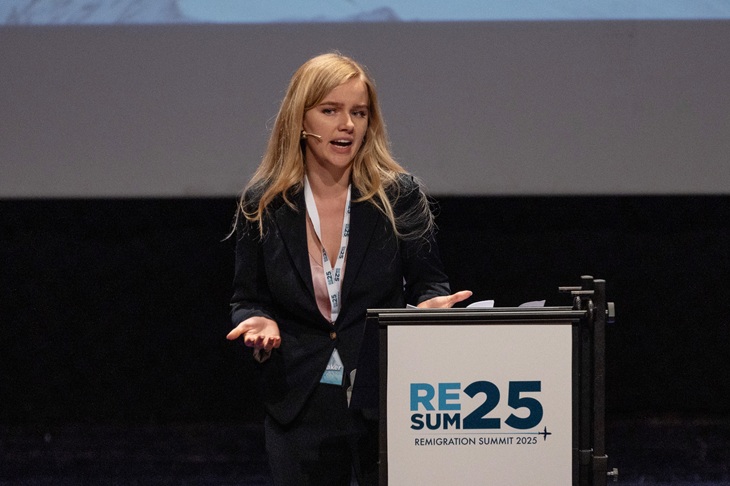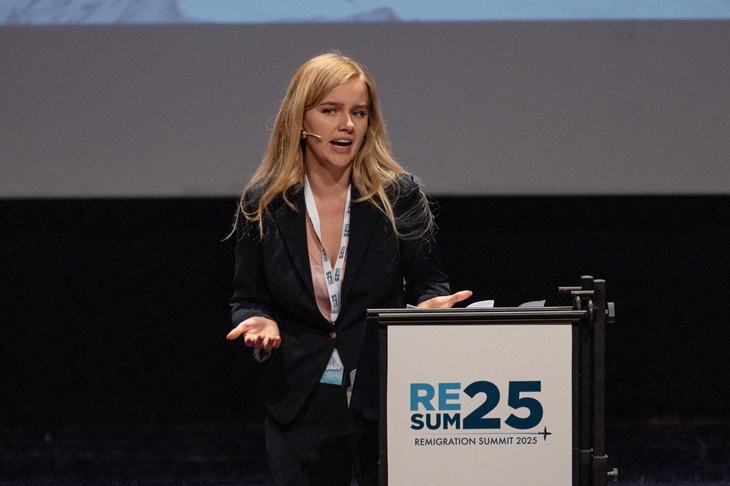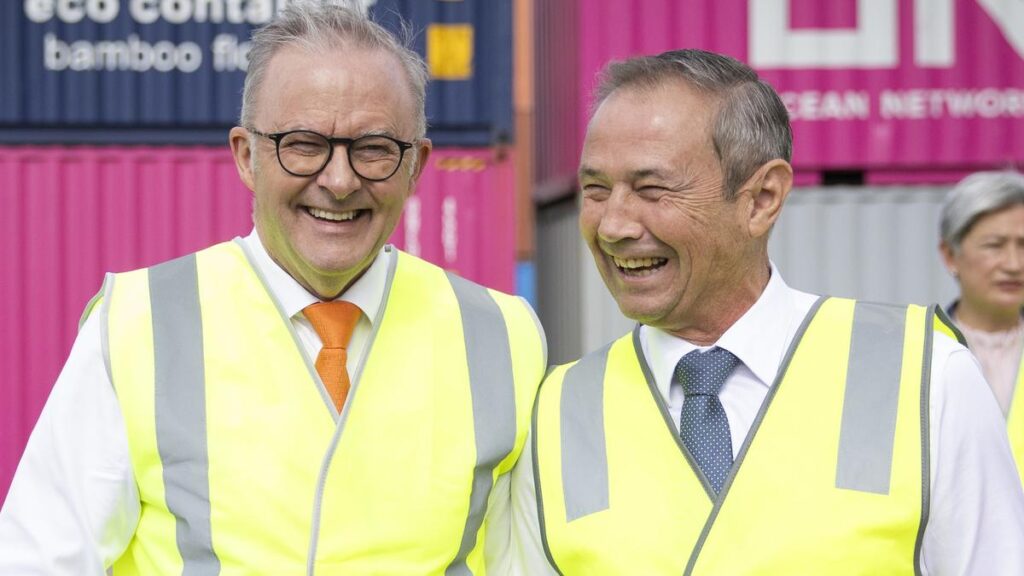
PERTH, AUSTRALIA - APRIL 24: Australian Prime Minister Anthony Albanese and Western Australian Premier Roger Cook visit the CBH Group Metro Grain Centre on April 24, 2025 in Perth, Australia. The Australian federal election is scheduled to be held on May 3, with a broad range of polls indicating a narrow lead for Labor on a two-party preferred basis. (Photo by Matt Jelonek/Getty Images)
UPDATE: Western Australia’s rare earths industry is poised to play a pivotal role in upcoming negotiations between Australia and the United States, as tensions rise with China over critical minerals. As Prime Minister Anthony Albanese prepares for a crucial meeting with U.S. President Donald Trump on October 20, 2023, the establishment of a $1.2 billion strategic reserve is expected to bolster ties with the U.S. amid escalating trade conflicts.
Just hours ago, Trump reignited his trade war with China, announcing a staggering 100 percent tariff on Chinese goods in response to their tightening export restrictions on rare earth minerals. This move underscores the urgency for nations reliant on these resources, which are essential for producing smartphones, electric vehicles, military technology, and renewable energy solutions.
Western Australia’s Minister for State Development, Roger Cook, emphasized the region’s international significance, stating, “Critical minerals remain a key focus for my government. We understand the important role that it plays for not only regional security but for sovereign manufacturing capabilities right across the globe.” Cook’s remarks reflect a growing awareness of WA’s potential as a key supplier as Western countries seek to stabilize their supply chains.
As Australia lays the groundwork for a critical minerals deal, Catherine King, a Federal frontbencher, confirmed that discussions have been ongoing. “We’ve seen reporting today that work has been underway for some time on our critical improvement strategy,” she said, accentuating WA’s status as the “critical mineral State” that Australia must leverage amid soaring global demand.
Federal Trade Minister Don Farrell also noted Australia’s strategic position, declaring, “I’ve often described it as a golden age for critical minerals.” He indicated that the government is actively engaging with counterparts in Europe, Japan, Korea, and the U.S. to establish essential partnerships. However, he acknowledged that timelines for an agreement remain uncertain, saying, “These things always take longer than you’d like them to.”
Meanwhile, the opposition is raising concerns about the Albanese Government’s pace in formulating a comprehensive critical minerals plan. Julian Leeser, Shadow Attorney-General, criticized the administration for failing to present a clear strategy just weeks before the significant meeting with Trump. “The question is, why don’t Australians know about it? Why haven’t they made the plan public?” he questioned, highlighting the pressure on the government to deliver.
Albanese has previously touted the plan to create a strategic reserve aimed at breaking China’s dominance in the sector by securing key minerals such as lithium and cobalt. This reserve would provide priority access to key partners, potentially transforming Australia’s role in the global market.
The evolving landscape of global critical minerals has profound implications for national security and economic stability. As the U.S. and its allies look to reduce reliance on China, Western Australia stands at the forefront of this strategic shift, highlighting the region’s vital role in securing the future of critical minerals.
As negotiations progress, all eyes are on the outcomes of the upcoming meeting between Albanese and Trump, which could redefine Australia’s position in the critical minerals supply chain. The world is watching closely as this situation develops, and the stakes have never been higher.
